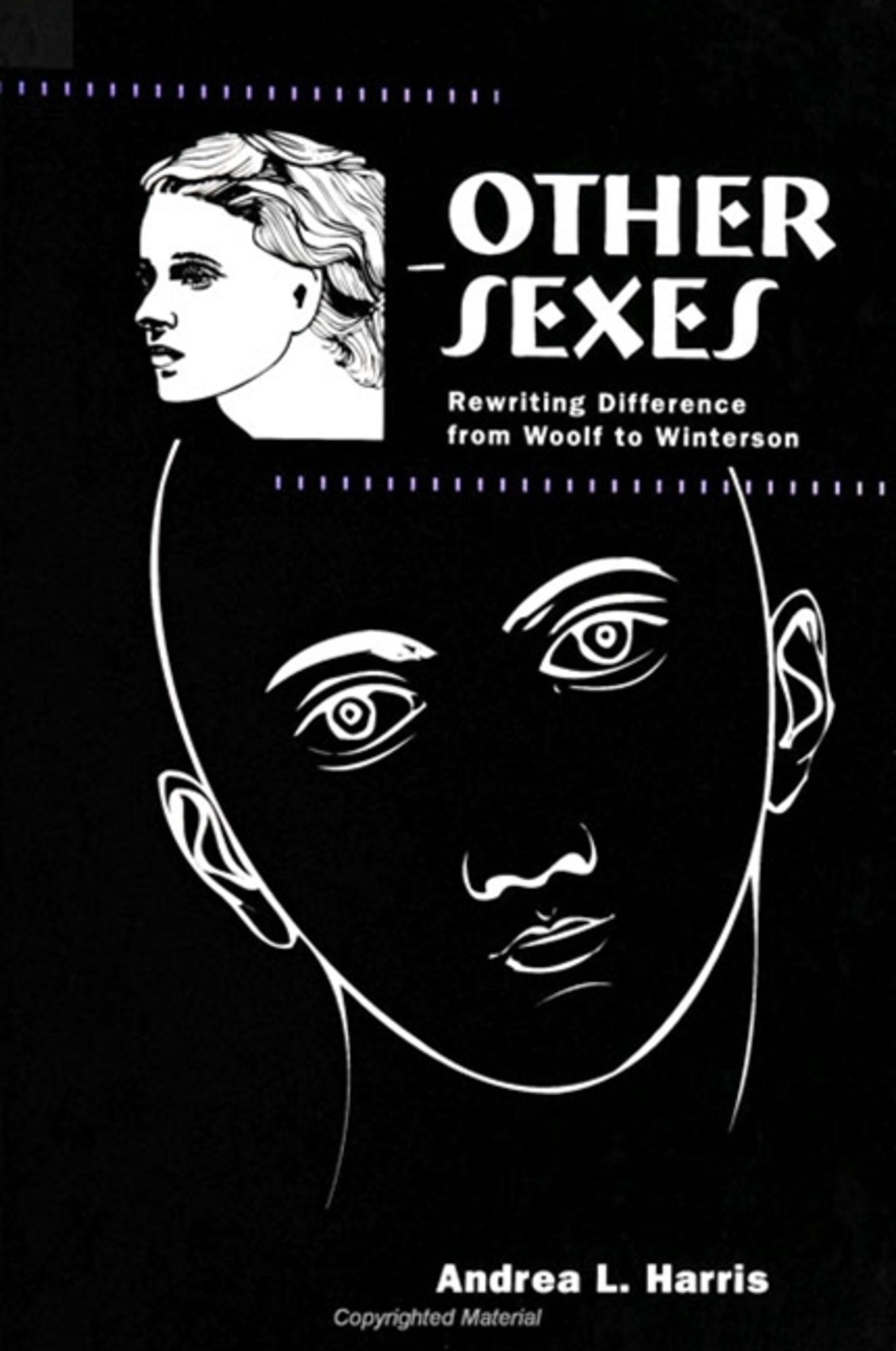We're sorry. An error has occurred
Please cancel or retry.
Other Sexes

Some error occured while loading the Quick View. Please close the Quick View and try reloading the page.
Couldn't load pickup availability
- Format:
-
18 November 1999

Explores alternatives to the gender binary in twentieth-century women's fiction.
In 1929, Virginia Woolf used the phrase "other sexes" to point out the dire need to expand our way of thinking about sexual difference. The fiction studied here does just that, by sketching the contours of a world where genders, sexes, and sexualities proliferate and multiply.
Focusing on a selection of novels by Woolf, Djuna Barnes, Marianne Hauser, and Jeanette Winterson-novels that cross conventional boundaries between British and American, modern and postmodern, canonical and non-canonical-Andrea L. Harris argues that there is a continuum in these novelists' investigations of gender. Taking as theoretical models Judith Butler's theory of performative gender and Luce Irigaray's concept of the sensible transcendental, Harris analyzes increasingly more radical challenges to the notion of two sexes and two genders throughout the twentieth century.


"Harris brings a fresh perspective to Woolf and Barnes, introduces readers to Hauser, and builds on critical discussions of Winterson. Few studies cover this much theoretical terrain, and at the same time sustain a unified perspective on a single issue. Harris teases out nearly every imaginable reading of the notion of 'other sexes.'" — Laura Doan, coeditor of Sexology in Culture: Labelling Bodies and Desires
"Harris presents very interesting and original readings of the novels she considers. The readings themselves provide unique insights, but are then woven into an overall theme that is also unique. It was the kind of book that I found myself thinking about later and wanting to talk about; in part because the subject matter was intriguing and in part because of Harris's way of developing her topic." — Mary Bloodsworth, Washington State University
Acknowledgments
Preface
One
(Re)placing the Feminine in Feminist Theory
Two
"This Difference... This Identity... Was Overcome": Reintegrating Masculine and Feminine in Virginia Woolf's The Waves
Three
"The Third Sex": Figures of Inversion in Djuna Barnes's Nightwood
Four
"A Secret Second Tongue": The Enigma of the Feminine in Marianne Hauser's The Talking Room
Five
A Feminist Ethics of Love: Jeanette Winterson's Written on the Body
Afterword
Notes
Works Cited
Index



